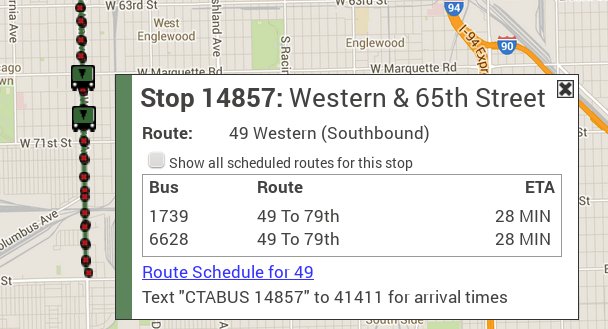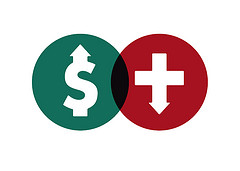Wirepoints recently issued a helpful report showing state and local government pension debt per Chicago household. They estimate the burden at $144,000 per household. This is a big number, but one could suppose that a prosperous household, over decades, could bear such a burden. Some could, but probably not those below poverty level. Take them out of the picture and the per household amount rises to $172,000. Excluding households with incomes below $75,000, or below $200,000, and the per-household amount rises further, to $393,000 and $2,022,000 respectively.
Here’s their chart: 
Of course this doesn’t consider land values, nor businesses. If prime Chicago land is worth $1,000/sq ft, that’s 5.38 sq miles. But more typical land value is much less, probably no more than $25/sq ft. (it seems that nobody has tried to estimate citywide values). That would be 112 square miles. Once we subtract land owned by governments, churches and other exempt nonprofits, we might be approaching the total value of all land in Chicago. And that’s just for pensions, not bonded debt, nor needed capital improvements. Real estate buyers know, or certainly should know, about these encumbrances.
Of course money can be raised from business taxes, but that’s hardly a way to grow economic opportunity for Chicagoans. I would consider any tax revenue from “gaming” as a kind of business tax.
The lesson Wirepoints draws from this is that pensions have to be downsized somehow, which required amending the state constitution. And they go further, comparing government salaries to those of the private sector:

So it looks like we’re going to have to confront a large number of people with guns and firehoses and control over our children, who have been getting a lot of money from us for years and may prefer not to moderate their demands.
Tho I don’t know how, this problem will be solved. Maybe MMT will yield a continuing stream of funds to bail us out. Maybe inflation will accelerate such that the fixed 3% compounded pension increase isn’t a burden. Maybe Chicagoans will decide that they just don’t want so many government “services.” Maybe politicians will decide to remove all taxes from productive economic activity, taxing only the value of land and other privileges (such as the private monopoly over street parking fees), which will grow the economy (while reducing the need for emergency services) sufficient to make pensions a non-issue.
And when it is solved, those who own land and other privileges will benefit most.



 No, they aren’t all one and the same.
No, they aren’t all one and the same.


